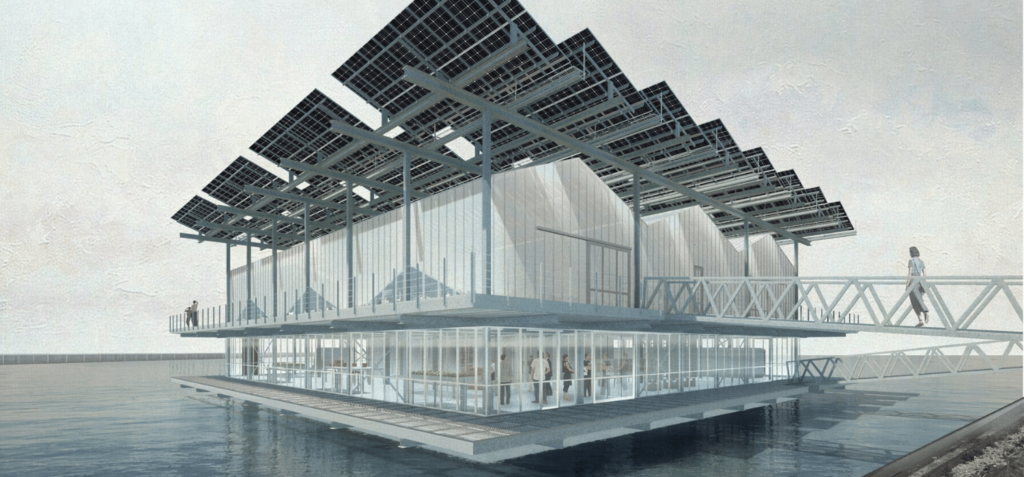INNOVATIONS IN SUSTAINABLE BUILDING SERVICES
Innovations in Sustainable Building Services
Sustainable building services have become a focal point in the construction industry as the world grapples with the urgent need to reduce its carbon footprint and address environmental concerns. Innovations in sustainable building services are not only improving energy efficiency but also creating healthier, more comfortable living and working environments. In this article, we explore some of the most exciting developments in sustainable building services that are transforming the way we construct and operate buildings.
1. Smart Building Systems
One of the most significant innovations in sustainable building services is the integration of smart building systems. These systems leverage advanced technologies such as the Internet of Things (IoT), artificial intelligence (AI), and data analytics to optimize energy consumption and enhance occupant comfort. Smart building systems can monitor and control lighting, HVAC (heating, ventilation, and air conditioning), and security systems in real-time, making adjustments based on occupancy and external conditions. This not only reduces energy waste but also contributes to a more pleasant and productive indoor environment.
2. Renewable Energy Integration
The integration of renewable energy sources like solar panels and wind turbines into building services has gained considerable momentum. Solar panels, in particular, have become more efficient and cost-effective, allowing buildings to generate clean, sustainable energy on-site. Additionally, advancements in energy storage technologies are enabling buildings to store excess energy for use during periods of high demand or when renewable sources are not producing power. These innovations help reduce reliance on fossil fuels and decrease greenhouse gas emissions.
3. Passive Design Principles
Passive design principles are making a comeback in sustainable building services. These principles focus on using natural elements such as sunlight, airflow, and thermal mass to regulate temperature and reduce energy consumption. Strategies like maximizing natural daylight, optimizing building orientation, and incorporating high-performance insulation materials are being integrated into building designs to minimize the need for active heating and cooling systems. By relying on the natural environment, passive design not only reduces energy costs but also creates more comfortable and sustainable spaces.
4. Water Efficiency Technologies
Innovations in sustainable building services extend beyond energy to address water efficiency. Water scarcity is a pressing global concern, making it crucial to minimize water waste in buildings. Low-flow fixtures, greywater recycling systems, and rainwater harvesting are among the technologies and strategies being adopted to reduce water consumption in buildings. These innovations not only conserve water resources but also contribute to lower utility bills and reduced strain on municipal water supplies.
5. Building Information Modeling (BIM)
Building Information Modeling (BIM) is revolutionizing the way buildings are designed, constructed, and maintained. BIM is a digital representation of a building’s physical and functional characteristics, enabling architects, engineers, and contractors to collaborate more effectively. By simulating a building’s performance in various scenarios, BIM allows for better decision-making in terms of energy efficiency, material selection, and construction methods. This technology optimizes resource allocation, minimizes waste, and enhances sustainability across the building’s lifecycle.
6. Sustainable Materials and Construction Techniques
The use of sustainable materials and construction techniques is another key innovation in building services. From low-impact construction methods that reduce waste and carbon emissions to the use of recycled and eco-friendly building materials, the construction industry is increasingly prioritizing sustainability. Innovations such as 3D printing for construction and modular construction techniques also offer opportunities to streamline processes and reduce environmental impact.
Innovations in sustainable building services are driving the construction industry towards a more environmentally friendly and energy-efficient future. These advancements not only benefit the planet by reducing carbon emissions and conserving resources but also offer economic advantages in the form of lower operating costs and increased property values. As technology continues to evolve and awareness of sustainability grows, we can expect to see even more exciting innovations that further enhance the sustainability of our built environment. Embracing these innovations is not only a responsible choice but also a strategic one for a greener and more sustainable future.


